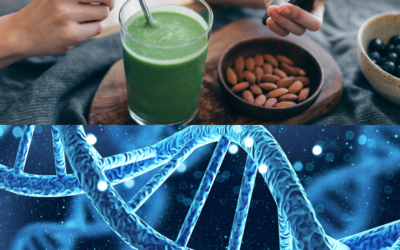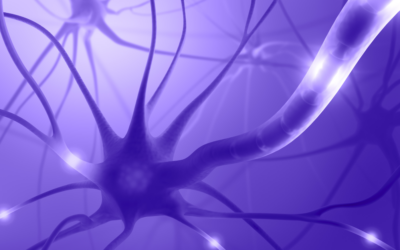Hormones… certainly don’t get much respect at times. What do they have to do with happiness? Hormones play a significant role in our mental well-being, and it is wise to learn about their factors and what we can do to capitalize on them.
How Hormones Work
Hormones are special chemical messengers that control many of the body’s processes. The endocrine glands create these special messengers, and our body relies on them to function correctly. The sex hormones (estrogen, progesterone, and testosterone) influence reproduction. The thyroid hormones affect metabolism. Other hormones that you’ll learn about below influence mood.
How we treat our bodies and the substances we are exposed to can affect how these hormones help us. By learning what they do and how we can assist them in doing their job, we will be closer to our goal of happiness.
What Hormones Are Related to Happiness?
Several hormones can boost one’s happiness. The main ones include serotonin, oxytocin, and dopamine.
Serotonin has become quite well-known in recent times. It is a neurotransmitter that takes messages from one part of the brain to another. Serotonin is crucial in preventing depression and other mental illnesses, and problems occur when you have either a shortage of this hormone or when it is unable to do its job.
Oxytocin is known as the “love hormone” and has a variety of jobs. While it is most known for its reproductive functions, it also has social functions–impacting bonding behavior and allowing the body to adapt to highly emotional situations. Research shows that it may benefit people with autistic spectrum disorder, anxiety, and IBS.
Dopamine is another neurotransmitter and is referred to as the “feel-good hormone.” Your brain releases dopamine when you feel pleasure–while eating your favorite foods, for example, or during sex. However, dopamine release is also responsible for people becoming addicted–they are constantly seeking pleasure to receive higher and higher dopamine levels.
Natural Ways to Balance Your Hormones
Hormones need to maintain a delicate balance to allow you to function at optimal levels. Too much or too little of any hormone will cause short- and long-term problems in your health. Because our happiness depends on this, finding a healthy balance for all the hormones in our body is crucial to creating an environment that supports happiness.
Some important ways to keep your hormones in good balance and working order are to get sufficient sleep each night, exercise regularly, eliminate toxins from your daily life, minimize stress, and avoid birth control pills if possible.
Foods to Balance Your Hormones
Food plays an important role in the balance of hormones. There are many foods that you should make a point of eating on a daily basis, and many you should strive to avoid.
Healthy fats, such as those found in coconut oil, avocados, nuts, and wild salmon, help your body balance hormones and keep you happy. Vitamin D and magnesium are important supplements. You should also eat a sufficient amount of clean proteins and plenty of vegetables.
Your hormones play an essential role in your feelings of happiness. Keeping them balanced and working for you properly is vital to ensure feelings of mental wellness. By following the guidelines above, you can balance your hormones and live a life of happiness and satisfaction.





